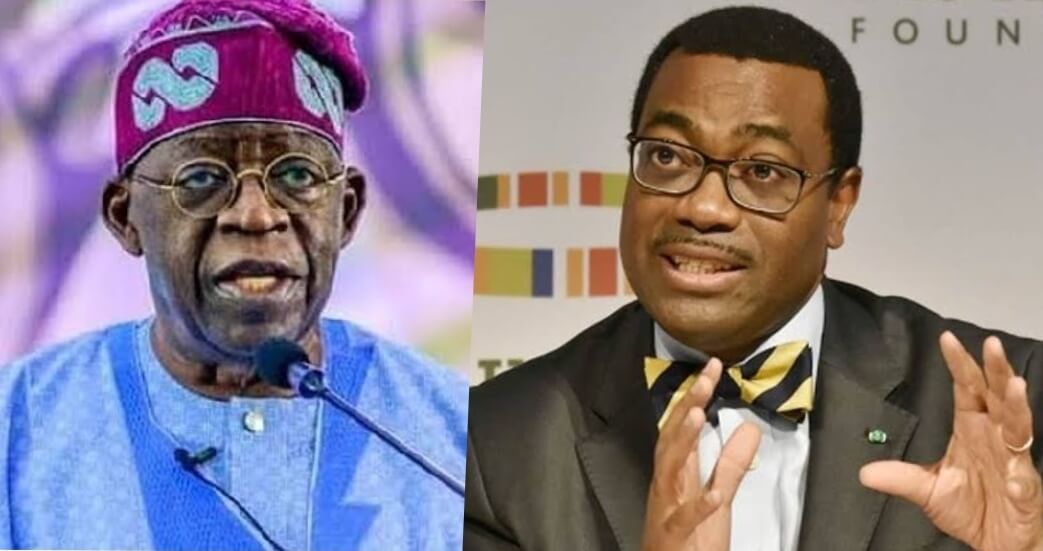FG Losing N3trn Tax Revenue Yearly For Not Fixing Electricity—AfDB President
The African Development Bank has blamed the Nigerian government for the failure of the manufacturing sector particularly for normalizing electricity crisis and sale of generator sets to run businesses.
The President of the AfDB Akinwumi Adesina said lack of electricity is killing Nigerian industries.
Advertisement
Adesina during his keynote lecture at the Business Day CEO Forum in Lagos said that the country is developing too slowly and well below its potential.
In the address titled, ‘The Day the Lion Roared Making Nigeria a Global Industrial and Economic Giant ‘, the AfDB boss likened Nigeria to a ‘cub’ with great potential.
Across Nigeria, every business that can afford alternative power has a generator and it costs Nigerians over $14bn yearly, according to the International Monetary Fund.
As of July 12, 2023, national power generation was 4,130 Megawatts for a population of 200 million.
Advertisement
Adesina said, “No business can survive in Nigeria without generators. A recent survey of manufacturers in Nigeria shows they lose N10.1 trillion annually due to power failure. To put this in revenue perspective, the annual total revenue of the government of Nigeria last year was N10 trillion. So, the industrial sector loses the same revenue as the nation collects in one year. What an irony!
“What would have happened if the industries realized N10 trillion and paid taxes. At a conservative corporate tax rate of 30 per cent that means Nigerian government loses N3 trillion annually in taxes it could have earned from industries if it simply provided them electricity.
“And the abnormal has become normal. Traveling on a road one day in Lagos, I saw an advertisement on a billboard which caught my attention. It was advertising generators, with the bold statement ‘we are the nation’s Number one reliable power supplier’”.
He decried that except the country decisively tackles its energy deficiency and reliability, industries will remain uncompetitive.
According to him, Nigeria needs massive investments in gas to power to assure stable baseload power for industries, hydropower resources, large scale solar systems, direct power preferentially to industries, and support industrial mini grids to concentrate power in industrial zones.
Advertisement
Adesina added, “Industrial development is constrained by poor state of transport, ports, and logistic infrastructure. It costs $35,000 to export 100 tons of produce from Nigeria compared to just $4,000 in Ghana. About 90 per cent of passenger and freight movements in Nigeria rely on roads but only 18 per cent of the roads are paved.
“Our seaports are gridlocked. Recently the Financial Times reported that the congestion at the port in Lagos has become so bad that it could cost more than $4,000 to truck a container 20 kilometers inland – almost as much as it costs to ship it 12,000 nautical miles to China.
“Nigeria can learn from Morocco. The African Development Bank supported Morocco to develop its Tangier-Med port. The port is unique in that it is an industrial port complex, a platform that has over 1,100 companies. They collectively exported over €8 billion worth of goods in 2020. Global companies are located there, including Bosch, Daimler, Huawei, Siemens, and several others.”



